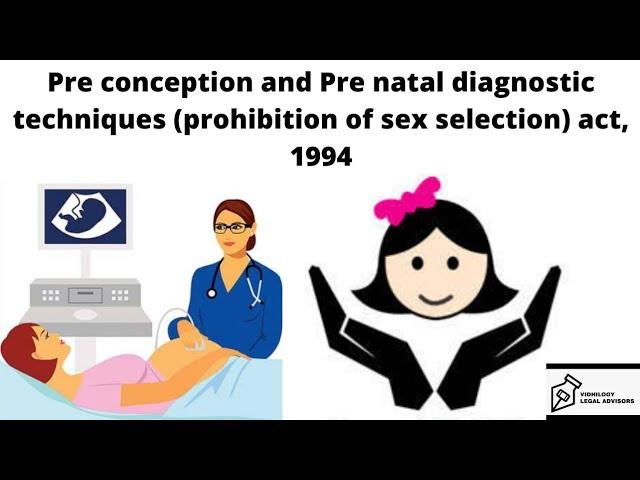The Punjab and Haryana High Court has cancelled the conviction of M/s Kamboj Ultrasound and Diagnostic Pvt. Ltd. and its directors under the Pre-Conception and Pre-Natal Diagnostic Techniques (Prohibition of Sex Selection) Act, 1994 (PNDT Act), ruling that the complaint against the diagnostic centre was not legally valid as it was filed by a single person rather than the legally mandated three-member District Appropriate Authority.
The case originated in 2006 when a complaint was lodged against the Hisar-based diagnostic centre alleging illegal sex determination activities. Following this, the authorities sealed the centre and seized ultrasound machines and records. Based on these records, the Chief Judicial Magistrate, Hisar convicted the directors of the centre under Sections 4(3) and 5(1)(b) of the PNDT Act and sentenced them to rigorous imprisonment.
However, the High Court found that the complaint was filed by Dr. S.K. Naval, the Civil Surgeon of Hisar, acting alone as the District Appropriate Authority.
"The complaint was filed by Dr. S.K. Naval alone and it ought to have been filed by a three-member Committee, appointed by a Notification under Section 17 of the PC and PNDT Act. The same not having been done, the very complaint itself is not maintainable and therefore, the subsequent proceedings and conviction stand vitiated,"
— Justice Jasjit Singh Bedi, Punjab & Haryana High Court
Read Also:- Can Centre Extend CAT Jurisdiction Over J&K Universities? Kashmir University Scientist Moves High Court
Section 17 of the PNDT Act clearly outlines that a District Appropriate Authority must consist of three members: a senior officer from the Health Department (Chairperson), an eminent woman from a women's organisation, and an officer from the Law Department. This composition is mandatory for initiating complaints under the Act.
The court referred to several precedents including Dr. Ritu Prabhakar vs State of Haryana, where the Supreme Court upheld that complaints filed by only one member of the appropriate authority are invalid and all related legal proceedings stand void.
"The District Appropriate Authority cannot delegate its powers… the procedure adopted is totally illegal, which cannot be termed as a curable irregularity,"
— Supreme Court in Ritu Prabhakar case
Read Also:- Jammu & Kashmir High Court Orders De-Sealing of Jai Hind Psychiatry Clinic Over Procedural Lapses
The defence, represented by Advocate S.S. Narula, emphasized that the complaint lacked legal standing as per the PNDT Act. The State's counsel, DAG Munish Sharma, also acknowledged that while the complaint was filed by a Civil Surgeon, the law now requires a multi-member committee.
The High Court ruled that the law, as interpreted by the courts in later years, applies retrospectively from the date the PNDT Act came into force in 1994. Hence, any complaint not filed by the properly constituted three-member authority—even if made before the court rulings—would be invalid.
Justice Bedi noted that the interpretation of the law does not create new legal standards but clarifies what the law has meant since its inception. The High Court concluded that since the complaint was invalid, the entire legal process, including conviction and sentencing, stood null and void.
“The very complaint itself is not maintainable… the subsequent proceedings and conviction stands vitiated,”
— Justice Jasjit Singh Bedi
With this ruling, the High Court set aside the decisions of both the trial court and the appellate court and acquitted the petitioners.
Petition Title:M/s Kamboj Ultrasound and Diagnostic Pvt. Ltd. & Ors. v. State of Haryana















